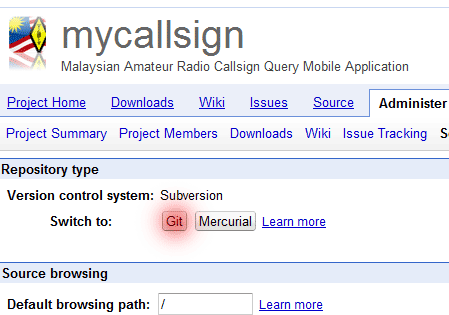Scientists, academicians and researchers are a group of users that benefits greatly from Free and Open Source Software (FOSS / FLOSS). Most them would use free software not only to help in preparing graph and documentation, but also as the main tool in their investigation.
Although it is not explicitly required by the software license or by software authors, the role of free software should be appropriately attributed by academicians and scientists who used them in their investigations as it would not only acknowledge the contribution of free software authors (some of them are hardworking academicians or scientists themselves), but this will also done to fulfill the academic accountability on the researchers part.
Examples on how to attribute Free Software use in Academic Paper
1. Researchers/Academician may cite the software URL and the software author in the “Literature Review/Background”, “Methods”or “Acknowledgement section” in the articles.
2. The citation should include the software release number and the URL to download the software in order to help other researchers to replicate the work (publishing paper is all about guiding others to replicate the investigation)
3. If free software being used as the main tool in the investigation, it would be helpful if the academician/researcher could explain why this particular Free Software is chosen for the research, etc in their journal article or academic papers.
For more examples: Visit the Debian Free Software Guideline, there’s a section about attributing free software in scientific and academic papers.
Give credit to Free Software! Please share this post
If you are an academician or researcher, then please share this post because it will increase awareness about the need to properly attribute free software tools, software author and their role in scientific community.
Thanks!

